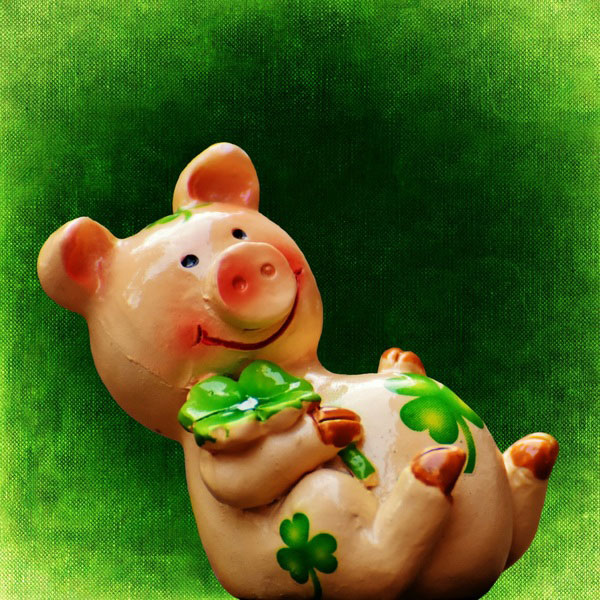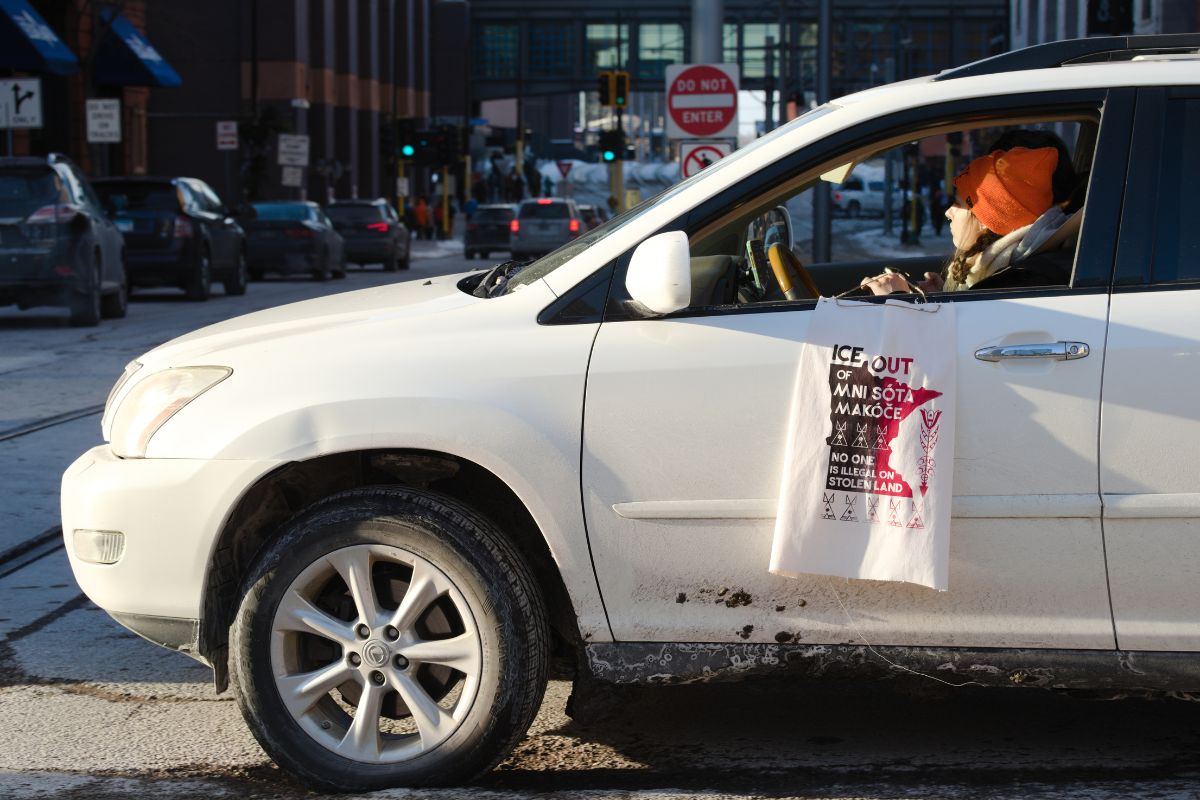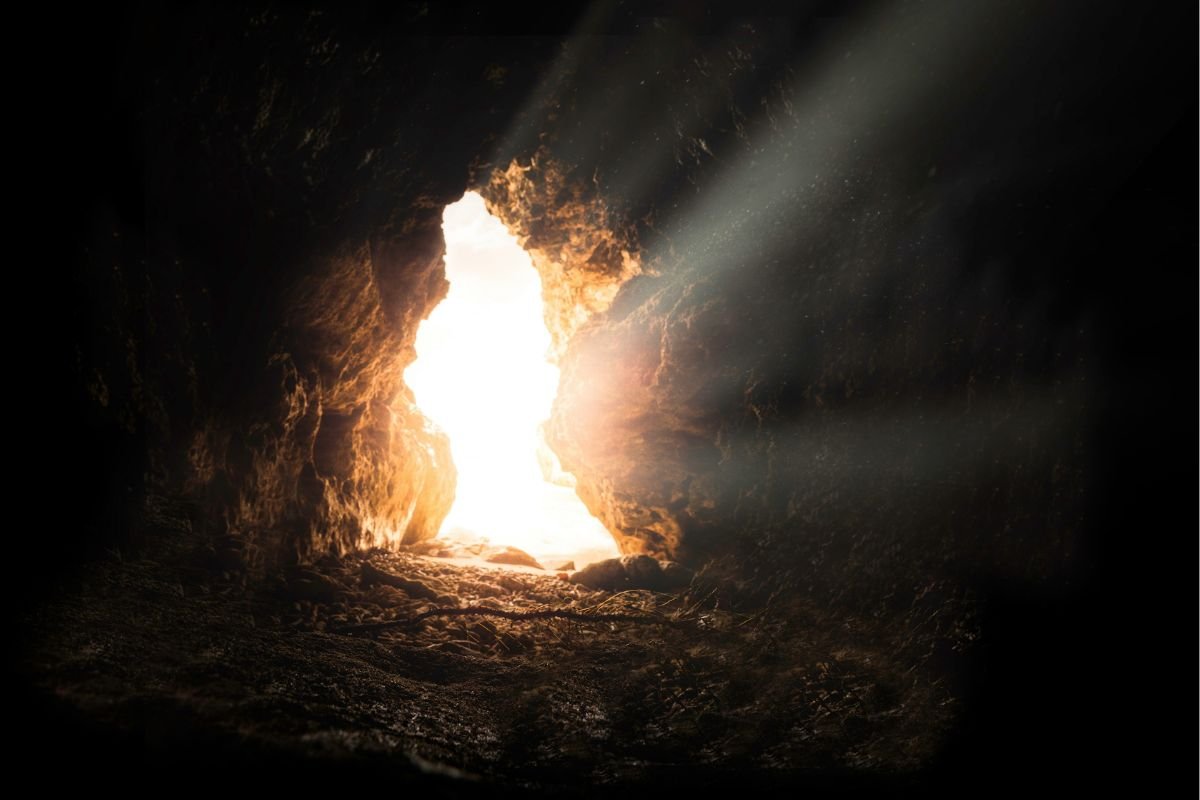
The word “privilege” has been thrown around a lot lately. But does this kind of widespread use of privilege (and the call-out culture that rains shame on those accused) diminish the power of the word and negatively affect the causes of social justice?
Privilege is defined as “the principle or condition of enjoying special rights or immunities.” The word begins to show up in the English language in the mid-12th century, borrowed from the Latin privilegium, referring to “a ‘private law’ that situates one outside of the laws that bind others.” It was considered a legitimate benefit of elites.
Tracing the history of the word, University of Memphis philosopher Michael J. Monahan observes in “The concept of privilege: a critical appraisal” that the European enlightenment brought with it challenges to the hereditary aspects of privilege. It did not critique the idea of privilege as such, but the fact that it was unearned. Earned privilege then became “an exceptional opportunity earned (one hopes) through one’s individual merit.”
W.E.B. Du Bois appears to be the first to conceive of white people having privilege by virtue of the color of their skin, even when they are poor. In his 1903 book, The Souls of Black Folk, he writes about white Americans as privileged vis-à-vis Blacks because they do not have to think about Black people or the effects of racial discrimination the way that Black people have to about whites. This privilege also grants them advantage when it comes to valued resources.
The concept of privilege doesn’t take off, however, until the 1980s, when sociologists begin to study it as a social issue in the context of social inequality. This privilege focuses on the way certain groups were discriminated against and others afforded unearned advantages. In 1988, Peggy McIntosh publishes “White Privilege and Male Privilege: A Personal Account of Coming to See Correspondences through Work in Women’s Studies,” in which she describes privilege as an “invisible package of unearned assets.” Privilege begins to expand from a social level of analysis to a personal one.
Today, the word is used in relative ways between people to describe any perceived asymmetry in advantage. In fact, urbandictionary.com, keeping up with the times, defines privilege as, “A word used by some people to relay that they are telepathic and know what the other person’s circumstances are, and what they were thinking when they said or did something.” There is even an online tool called How Privileged Are You in which you click on statements that apply to you—like “I have never been raped, I still identify as the gender I was born in, I don’t rely on public education”—to determine how privileged you are.
Monahan offers two important challenges to the current use of privilege as a rhetorical device for liberation. He writes, “In order to fulfill the rhetorical aims of liberation, concepts for privilege must meet what I term the ‘boundary condition,’ which demarcates the boundary between a privileged elite and the rest of society, and the ‘ignorance condition,’ which establishes that the elite status and the advantages it confers are not publicly recognized or affirmed.”
McIntosh speaks to the first challenge in “White Privilege: Unpacking the Invisible Knapsack” when she writes, “But not all of the privileges on my list are inevitably damaging. Some, like the expectation that neighbors will be decent to you, or that your race will not count against you in court, should be the norm in a just society. Others, like the privilege to ignore less powerful people, distort the humanity of the holders as well as the ignored groups.”
Monahan picks up on this and expands, “This distinction between privileges, which belong unjustly to an exclusive subset of a given population, and rights, which belong properly to all, is crucial, and raises the critical questions of how one should understand the normal restrictions, rules and burdens above which the privileged are placed.”
It may be that some of these privileges are in fact unnecessary luxuries of the sort that distort humanity. However, in the case of human rights masquerading as privilege, what we have is not privilege per se, “but rather the systematic exclusion of groups from those norms.” Thus, the problem is not having these goods, but the unwarranted deprivation of them. Underlying this mobilization of deprivation is the assumption of some social goods being intrinsically scarce. However, defining privilege as something above the normal status inherently challenges that idea that it is also scarce. Even if the social goods are scarce, Monahan argues, “it would not account for maldistribution based upon group membership.”
Monahan points out, “If privilege is meant to mark out a distinction between the privileged as a group and everyone else, it will need a clear way to draw the boundary between those who are privileged and the norm.” The concept of privilege should allow us to differentiate between luxuries, or “non-necessary social goods,” and rights “understood as necessary or essential social goods.” Further, “in the case of privilege as it relates to oppression, we are supposed to be speaking of groups, not individuals…the focus is not just on unearned advantages in themselves, but on ‘unearned advantages conferred systematically.’” Monahan asserts, “In the end, the concept of privilege fails to meet the boundary condition. The phenomenon it attempts to capture is not so much about a boundary between a societal norm and those who are placed above it, but rather more often a boundary between a social norm and those who are kept beneath it.”
Regarding the ignorance condition, though this aspect allegedly undergirds the rhetorical force of calling out privilege, Monahan questions the so-called “hidden” nature of privilege. On the notion that the concept of privilege is in contrast to explicit racism and conscious action, he writes,
The claim is not that all privileged persons are also unaware of their privilege, nor does one’s status as privileged disappear the moment one becomes cognizant of it. Nevertheless, the principal distinction between overt racism and privilege rests upon a general ignorance of present oppression (and the legacy of historical oppression)…The rhetorical and pedagogical aim of white privilege discourse is thus to reveal these unearned advantages to white people in a way that enables them to recognize their complicity in ongoing oppression (by way of recognizing their status as privileged), without needing to tell them that they are actively and consciously oppressors (Relax! You may be privileged, but that doesn’t mean you are racist.)
Sign up for our free newsletters
Subscribe to NPQ's newsletters to have our top stories delivered directly to your inbox.
By signing up, you agree to our privacy policy and terms of use, and to receive messages from NPQ and our partners.
Monahan relies on Charles Mills’ “epistemology of ignorance” to point to how this obfuscation works.
Mills describes the ways in which institutional racism creates mechanisms and incentives that cultivate and reward ignorance of the historical and ongoing functions of racism. Those bound up in the epistemology of ignorance confront evidence of oppression and their implication in it quite often, but oppressive institutions provide resources, especially to those it advantages, that facilitate the dismissal of such evidence. At stake, therefore, is our understanding of ignorance itself in such a context. The ignorance of the “epistemology of ignorance” is not simply a state bereft of knowledge, but rather points toward the more active mode of ‘ignoring’ evidence the fails to conform with our pre-existing beliefs and desires.
To put it simply, “First, the ignorance is not a complete lack of knowledge, but rather more of a kind of self-deception; and second, the ignorant therefore bear some responsibility for their ignorance.”
Monahan zeroes in on the agency in the endeavor when he writes, “ironically, in order to ignore something, you have to be aware, to a certain extent, of its existence—you have to know what to avoid.” This brings to mind The Root’s Michael Harriot’s hilariously excellent “Netflix’s Bird Box Is Really About How White People Don’t Want to See Racism.” It begins, “If you haven’t seen or read the viral social media discussions of the Netflix thriller Bird Box, you’re missing one of the greatest race allegory movies that has ever been released in the last part of December 2018. It’s about how white people suddenly realize racism is spreading across the world and they can only escape its wrath if they refuse to acknowledge it…” Harriot reframes the movie with Sandra Bullock representing white privilege and the monster the racism it goes to great length to avoid seeing (all of which has Harriot rooting for the monster, instead of for Bullock, as many viewers may have been).
Monahan notes that privilege cannot be seen as the “other side” of overt oppression.
The idea behind saying “white privilege” and “male privilege,” as opposed to “systematic racism” and “patriarchy,” or just plain, “racism” and “sexism,” was allegedly to provide a way of drawing attention to the unintentional, unconscious and passive ways that “privileged” people are complicit with oppression. But as I have been arguing, if we scratch the surface of the discourse of privilege, its pretensions towards unconsciousness and passivity begin to ring hollow.
Monahan questions just how privilege could remain so hidden yet perfectly “delineate and maintain the boundary between the privileged and the oppressed,” and reframes privilege as social engineering. Further, he questions the notion that privilege operates regardless of action or intentions.
To bring it down to the personal level, Monahan invokes Shannon Sullivan’s notion of white privilege as habitual. Though habits operate below the surface of consciousness, they are not inaccessible or immutable. Monahan pounces on this to deepen his critique of the privilege when he explains,
Part of my concern with the rhetoric of privilege, therefore, is that it can foster a disavowal of that underlying responsibility. If privilege is just this thing that you either have or lack, and not something that one acts out, affirms, reinforces and evades, or something that one resists, critiques, undermines, and roots-out, then we run the risk of missing the important ways in which what we call privilege is always also another way of actively manifesting, legitimising and maintaining oppression.
Not only is the simplistic notion of ignorance actually self-deceptive ignorance activated against “any incursion by the truth,” it reinforces an individualistic understanding of privilege. He writes, “If we take seriously the commitment to an analysis of racism as fundamentally social and systemic, and of agents as both constituted by and constitutive of those systems, then such distinctions become untenable.” Thus, the concept of privilege also fails to meet the ignorance condition.
It’s enough to make one question a basic assumption of racial justice work: the focus on training for white people to understand racism—which also re-centralizes white people—especially the currently in-fashion implicit bias. Monahan also questions the epistemological sounds of this approach: “the rhetoric of privilege oversimplifies the epistemic position of the privileged in relation to their advantages and the systems that engender them.”
As I suspected when I started this exploration, Monahan concludes: “the misleading and morally dubious aspects of privilege…ultimately do more harm to a genuine understanding of oppression than good.”
So how do we use the concept of privilege for social justice? Monahan proposes, “We would be better served by beginning with a more sophisticated understanding of racist oppression as systemic, and of individual agents as constitutively implicated in that system.”
There is a way that individuals take more than their share at the personal level—in our interactions. Power is not about the rule of law, institutions, society, or the state. These are simply the dead form, or artifacts, of past power-laden interactions. Power is fundamentally relational—it operates in relationships of inequality, in which we seek advantage, which makes it intentional, and are lessened by the inability to assert equality of right and opportunity. Power is found in everyday interactions, which contain aims and objectives that are visible and understandable. Thus, we can perceive power at the personal level and interrupt, or redirect, its dominating (as opposed to liberatory) aspects. In this way, we build our capacity for liberatory power, and begin to imagine and enact much of what we currently perceive of as privilege as rights.












